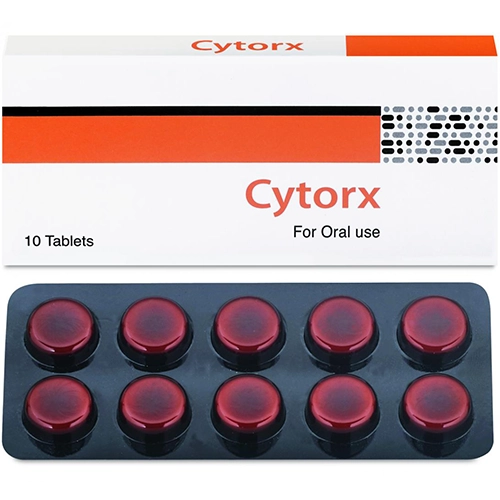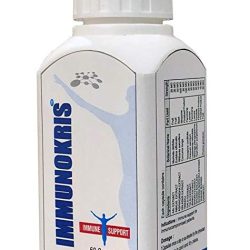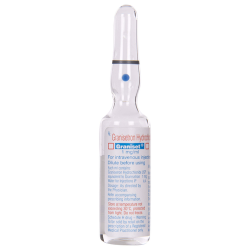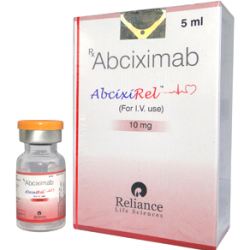Description
Flucytosine Uses:
Flucytosine is indicated only in the treatment of serious infections caused by susceptible strains of Candida and/or Cryptococcus. The flucytosine tablets should be used in combination with amphotericin-B for the treatment of systemic candidiasis and cryptococcosis because of the emergence of resistance to flucytosine.Dosage:
The recommended dosages range from 50 to 150 mg/kg daily, depending on the nature of the infection, its site and sensitivity of the causative agent. Daily dosage of Flucytosine must be divided into three or four oral doses.Side Effects:
The most commonly reported flucytosine side effects may include:- loss of appetite
- diarrhea
- vomiting
- psychosis
- bone marrow suppression
Warnings and Precautions:
- Use of Flucytosine is restricted in patients with known hypersensitivity to flucytosine or to any of the excipients, in combination with certain antiviral nucleosides such as brivudine, sorivudine and their analogs, and in breastfeeding women.
- Treatment with Flucytosine 500 mg should be administered after identification of the strain and an assessment with regard to drug flucytosine susceptibility, because of possible primary resistance. It should be managed under regular medical surveillance.
- Flucytosine must be used with extreme caution in patients with bone marrow depression. Patients may be a bit more prone to depression of bone marrow function in case they have a hematologic disease; are being treated with radiation or drugs that depress bone marrow; or, have a previous history of treatment with such drugs or radiation. Bone marrow toxicity may be irreversible and can lead to death in immunosuppressed patients. Frequent monitoring of hepatic function and of the hematopoietic system is required during therapy.
- Before treatment with flucytosine is instituted, electrolytes (due to hypokalemia) and hematologic and renal status of the patient need to be determined. Precise monitoring of the patient during treatment is essential.
- Since the renal impairment can cause progressive accumulation of the medicine, kidney function and blood concentrations should be monitored during therapy. Hematologic status and liver function (serum glutamic-oxaloacetic transaminase, alkaline phosphatase and serum glutamic pyruvic transaminase) should be determined at frequent intervals during therapy as indicated.
- Perform blood counts and liver function tests (aspartate aminotransferase [ASAT], alanine aminotransferase [ALAT], alkaline phosphatases) along with regular monitoring, especially at the start of therapy.
- The 5 flucytosine must not be used during pregnancy and in women of childbearing age without effective contraception, unless absolutely required in case of life‐threatening infections and in the absence of an apt therapeutic alternative.





